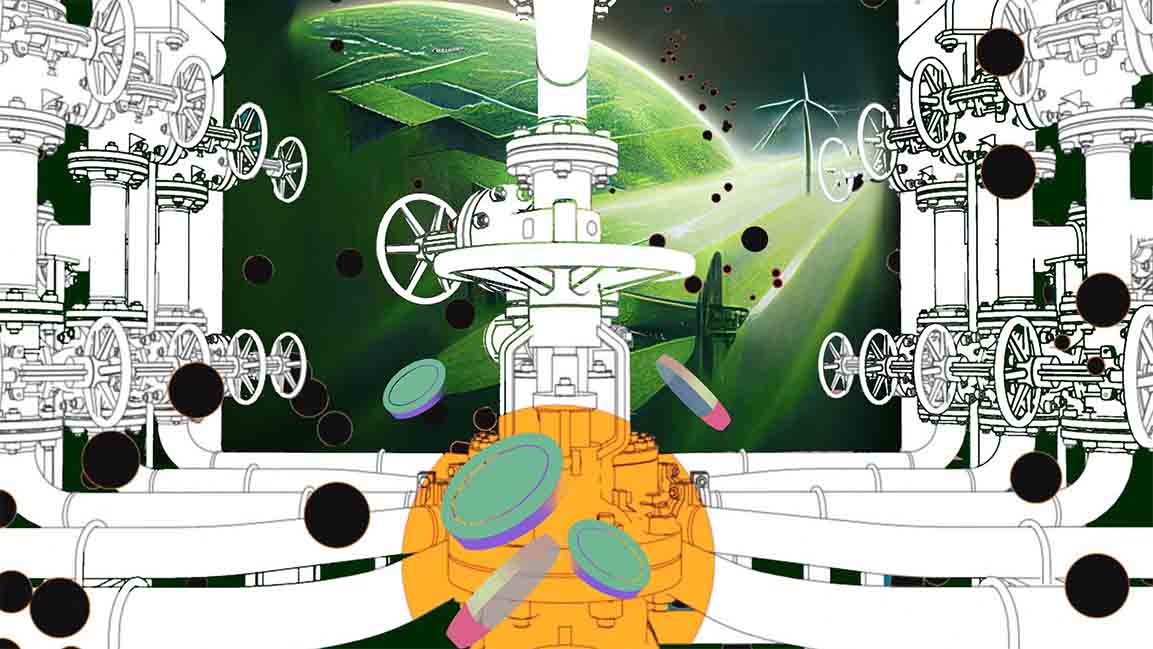- | 3:00 pm
Carbon-intensive industries call for decarbonization funding
More than half of business leaders think achieving net zero is possible but want government funds or incentives.

Reducing emissions in the hard-to-abate industries – cement, steel, aluminum, petrochemicals, shipping, aviation, heavy industry, and manufacturing – is vital to combat climate change, with industry and transport accounting for almost half of the global emissions.
These are the findings from Hard to Abate, Ready to Start, published by Masdar. The report furthers the discussion on decarbonization by identifying the biggest hurdles and what is needed to drive greater action in the lead-up to COP28 in the UAE.
Although challenging, the report finds that half of the senior industry leaders are more confident that net zero in their business is more achievable today than a few years ago.
The report found that less than a third of organizations believe they have adequate budgets to support decarbonization efforts. Over half have not yet set net-zero targets, with executives from “hard-to-abate” industries calling for increased financing to support these efforts.
The survey indicates that, although difficult, half of the top industry leaders are more certain than they were a few years ago that their company could achieve net zero.
“Addressing carbon emissions in hard-to-abate sectors is a priority in that regard. There is simply no path to net zero that does not include decarbonizing these essential industries,” said HE Dr. Sultan Al Jaber, UAE Minister of Industry and Advanced Technology, COP28 President-Designate, and Chairman of Masdar.
Despite the optimism across the industry, and the emergence of innovative new technologies to capture and store carbon, reliable finance remains a major barrier to accelerating progress.
According to the report, many have still not set decarbonization targets, and leaders cite a lack of reliable finance as the main barrier to committing to targets – 83% of senior executives from the Middle East highlighted that they are taking steps to reduce emissions but have not set a target date for completion.
Further, only 30% of senior executives indicated their budgets would be able to meet decarbonization needs, and more than 50% are concerned about the impact of global economic headwinds on decarbonization investment.
“We intend to seize the opportunity of utility-scale renewable energy and focus our investments in frontier technologies like sustainable aviation fuel and green hydrogen to help accelerate global progress ahead of COP28 and beyond,” said Mohamed Jameel Al Ramahi, chief executive officer of Masdar.
The research also emphasizes the significance of enhanced public sector support and urges all governments to implement creative financial, legal, and fiscal incentives to achieve national net-zero ambitions.
According to the survey, only 24% of senior executives anticipate receiving funding from government funds or incentives, and 41% think they can only reach the net-zero goals for their local market with more funding and incentives.































